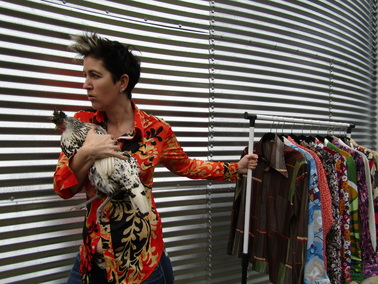
Camille Bloom’s Pieces of Me, out now, is the artist's fifth full length LP (and eighth studio recording). The new record is the result of a crowdfunding campaign that raised $27,000 to produce the album. Bloom has toured worldwide for the past ten years and took some time to talk about the new record and her plans.
On previous records you've worked with producers; now you are producing your own record. Does this change how you write or perform? Does this one extra hat alter what you do?
It doesn't change how I perform--but it most definitely alters how I write. When I work with a producer, we spend a lot of time together in pre-production, listening to rough tracks of songs, and I end up getting valuable input about song structure, lyrics and even delivery. Then I decided to produce my own record, all of that fell into my hands. I would write the songs, and then I would workshop them myself. I would depend on my own sensibilities as a songwriter, but I also had to think about how I might produce it. I was constantly asking myself, 'What does this song need to come alive'? Like most people, I am my own worst critic, so as you can imagine, it was a long process. I was also given free reign because I wasn't working with a "pop" producer or a "rock" producer. I was able to put the songs first instead of trying to fit into a genre. For this reason, the record is incredibly diverse--which I have never had before. Producers want your music to stylistically blend with a dominant sound. I just let the songs speak for themselves and hope that it resonates with people.
What was your experience crowdfunding your record Like? How did you do it?
Crowd-funding has been a part of my career for the past 10 years or so, before it exploded into the work of most independent artists. I have never used any of the common platforms like pledge-music, or kick-starter because I didn't like the Donate or Bust type of pressure - where if we didn't reach my goal, I didn't get any money. I also didn't like the time limits to be squeezed into 30-60 days etc. I crowdfunded for about 6 months via my own website's store page. I came up with creative packages for fans at different denominations, and had some fun incentives like house concerts, a hand knitted cowl, T-shirts, and recording a cover of their choice. For me, who has never had a record label to support my efforts, my fans are my label.
How does crowdfunding change your music? Does the give and take with fans inform what you create?
With each of my records, my fans actually do impact my albums tremendously. Going into this campaign, I told them that whatever we raised would determine what kind of record I could create. If we had only raised $5000, I might not be talking to you right now. I would have bought a microphone and recorded an acoustic album and sent it digitally to contributors only. For several months, I was on pins and needles, unsure whether I could start building a studio, or whether I just needed to start getting acoustic recordings together to send to folks. Luckily, we raised $27,000 and that allowed me to build a great studio, produce the record with amazingly talented musicians, and of course, tour the album in support.
Find out more at CamilleBloom.com
This album shares some commonalities with other records I have done. It's quite varied in style - from feisty rock to cello laden ballad, to gypsy vibe folk. But, I did branch out this time and add two songs on piano, which is a first for me. Also, I decided for this record that I would not try to fit into any specific genre. Everyone wants to put a record or an artist into a category. I have never fit into one. In fact, it has been a downfall for me getting placements on genre specific platforms like Pandora and radio, who need all of my songs to have a similar feel in order for them to lump me into the "folk" platform, or "indie rock" platform. This record, I decided that I was okay with the fact that my album was diverse. It's actually part of what makes my live shows and my records interesting, and so I was going to emphasize that by letting each song have it's own voice, story, and production.
Are you heading out on tour to support this? Any other plans?
I am heading out in a few weeks on Sept. 9th for a 3.5 week tour in the Western U.S. I'll hit Idaho, Utah, Colorado, New Mexico, Arizona, California, and then will follow-up with dates in the later fall in Montana, Washington, Oregon, and New York. I just returned from a 5 week European release tour throughout Belgium, Netherlands, Germany, and Luxembourg. I am staying incredibly busy in the studio as well. I have produced several up and coming songwriters' albums this year, written and recorded a Kid's EP with my wife, under the name, The Bloomingsleys, and have run five songwriting retreats at our farm where the studio resides in a repurposed grain silo. I will continue to perform, tour, run retreats, and visit schools delivering songwriting and music industry workshops. It's a very busy life, but a good one!
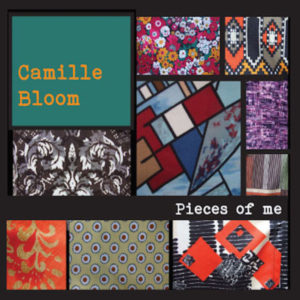
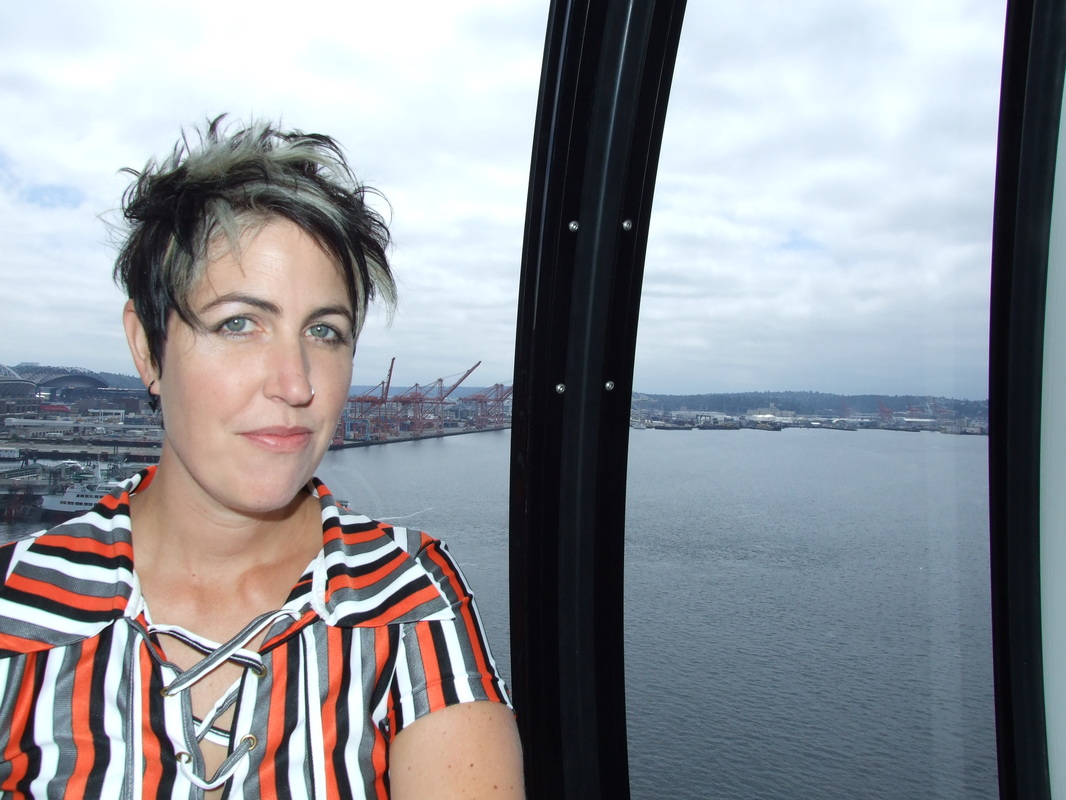


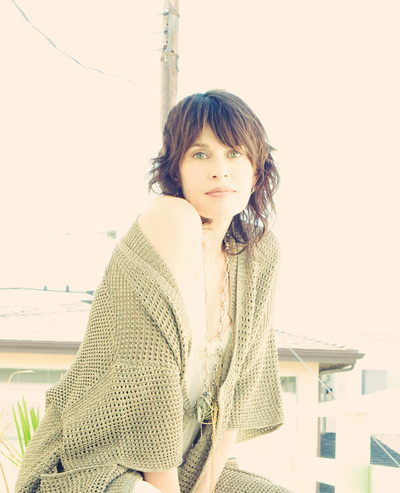
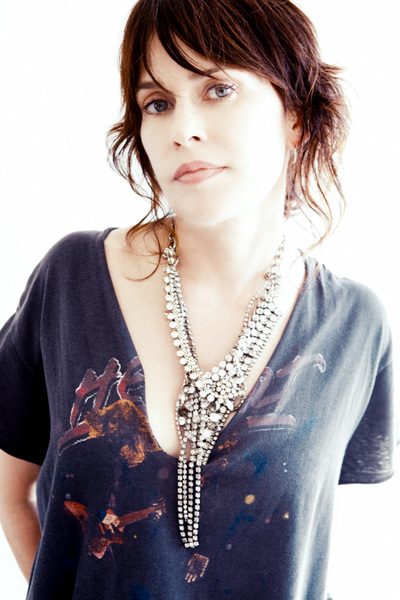
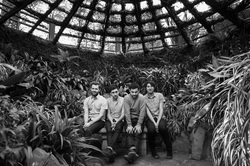
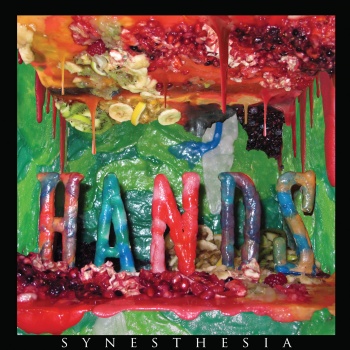

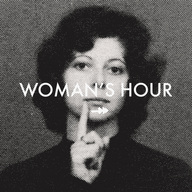
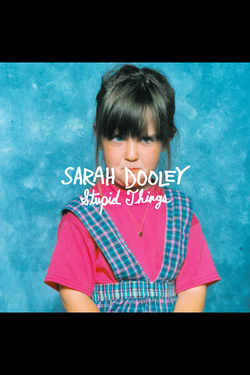


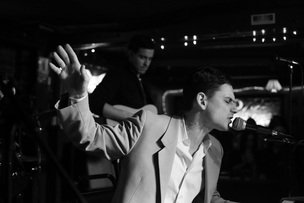
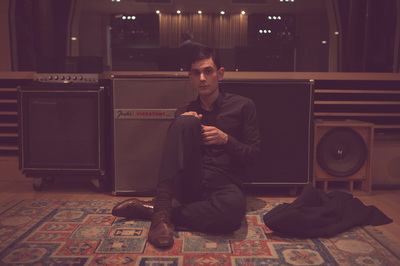
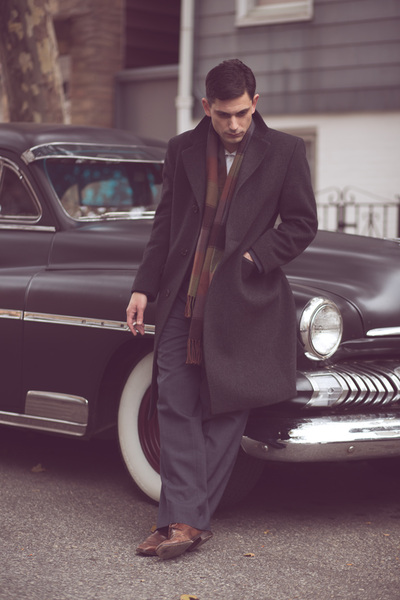

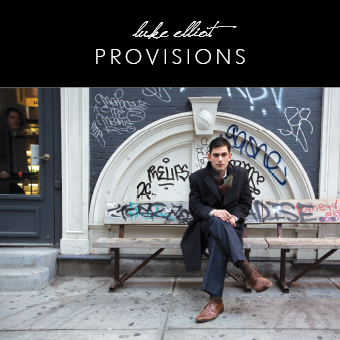
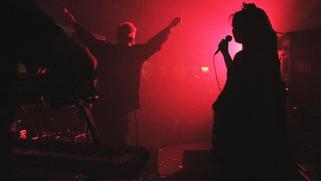
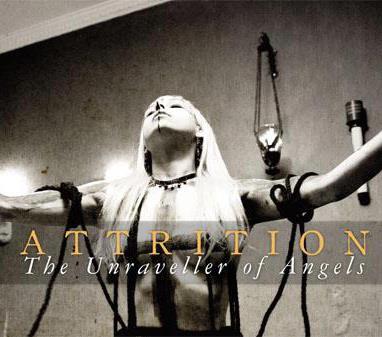
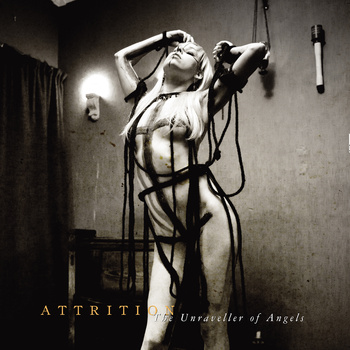

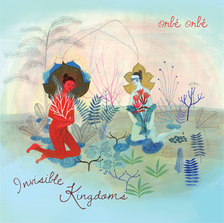


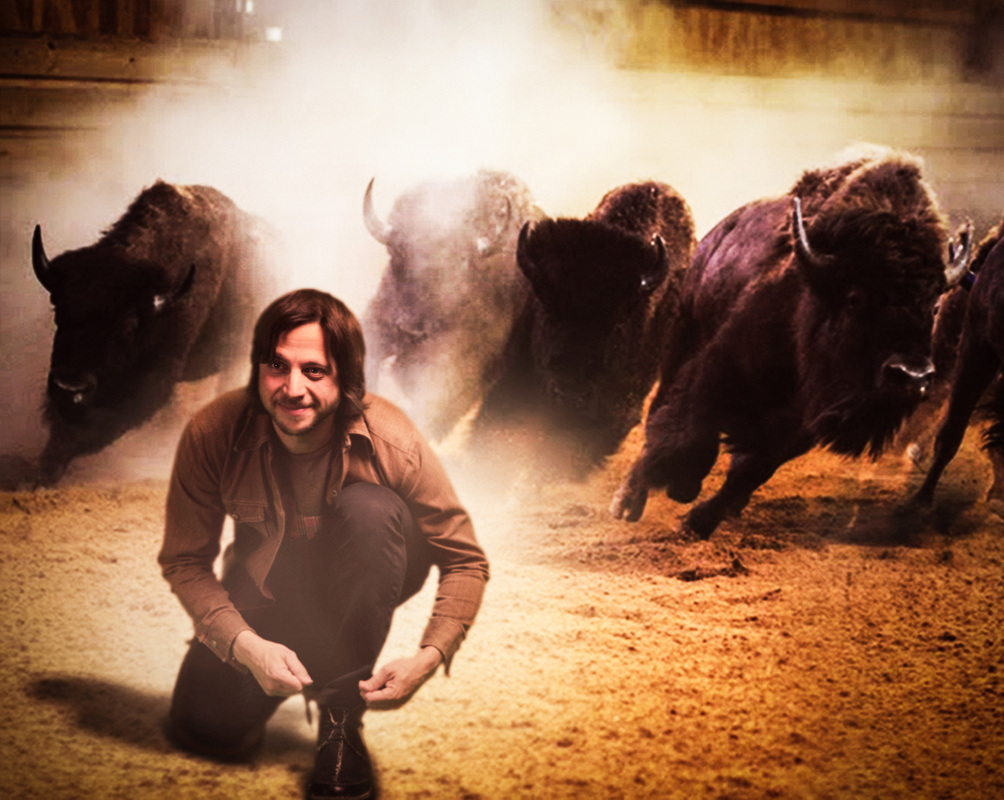
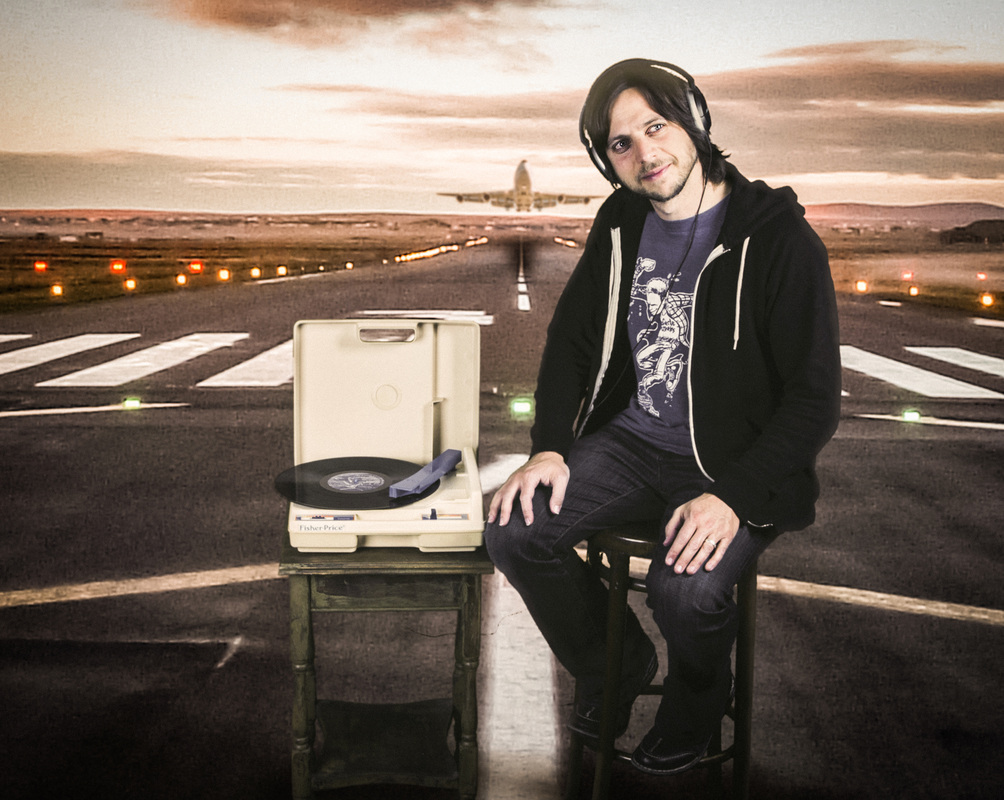
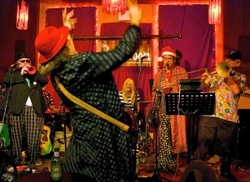
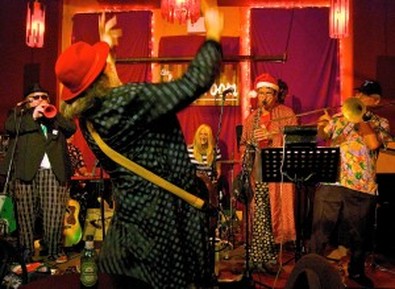
 RSS Feed
RSS Feed